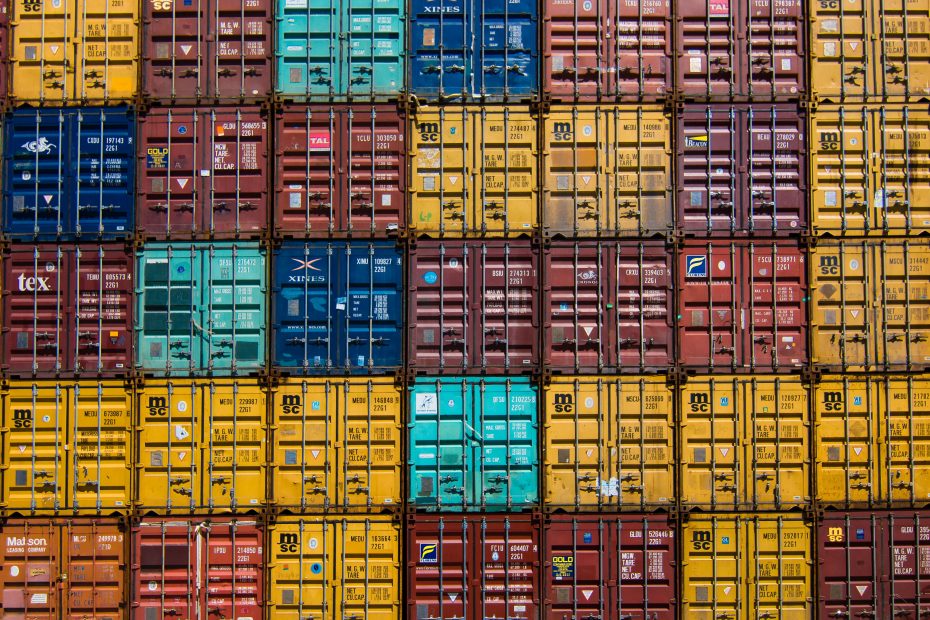
Third Party Logistics (3PL) partner manages outsourced fulfillment for your product. Essentially, the 3PL partner manages the journey between the manufacturer and the customer. The partner simplifies the complicated eCommerce landscape so your company has more time to focus on profit and growth.
A 3PL partner can offer a wide variety of services based upon the needs of a client. On one end, 3PL can be as simple as pallet storage and shipping. On the other end, it can be as complex as a full-scale omnichannel storage, inventory and systems management, and transportation.
There are many vital considerations when finding a new 3PL provider. Some of the most important are: geography, lead-times, cost management and capabilities. More specifically, It is key to find a company that focuses on the current needs of your customers. The 3PL provider must have basic systems integrations and visibility. Lastly, they must have consistent lead-times to customers and manufacturing locations they serve.
Advantages of Outsourced Fulfillment
There are many benefits to outsourced fulfillment. This includes: specialized workforces, technological capabilities, customer shipment consolidation, and multi-channel fulfillment capabilities Additionally, 3PL’s may offer discounts on transportation, especially small parcel discounts. Also, they may offer advantages for transportation regions if they are in an ideal location for pick-up and delivery.
When should you shift from in-house to outsourced fulfillment?
When deciding to shift from in-house to outsourced fulfillment, there isn’t an exact dollar amount that indicates a change. There are other important considerations, such as the state of your technological capabilities. First, you may add customers that have requirements around EDI (Electronic Data Interchange). Also, your volume growth may expand at a rate that would require a major IT overhaul. This includes internal capital investment for storage space, IT systems, and staffing.
These mounting challenges can be solved by hiring a Third-Party Logistics Partner. It is a cheaper and faster alternative to optimizing internal fulfillment, and allows you to focus on growing your business daily.
If you feel the above challenges apply to your company, then it may be the time to switch from in-house to outsourced fulfillment.
How much does outsourcing fulfillment cost?
Costs can vary greatly depending upon a number of factors. These include geography, temperature and storage/handling requirements, transportation availability, and special services. To put a price on outsourced fulfillment, a self-assessment review of your shipping profile and a comprehensive RFP (Request for Proposal) are recommended.
If you are interested in learning more about how this may benefit your company, check out our website or contact us to set up a free consultation. We would love to help!
